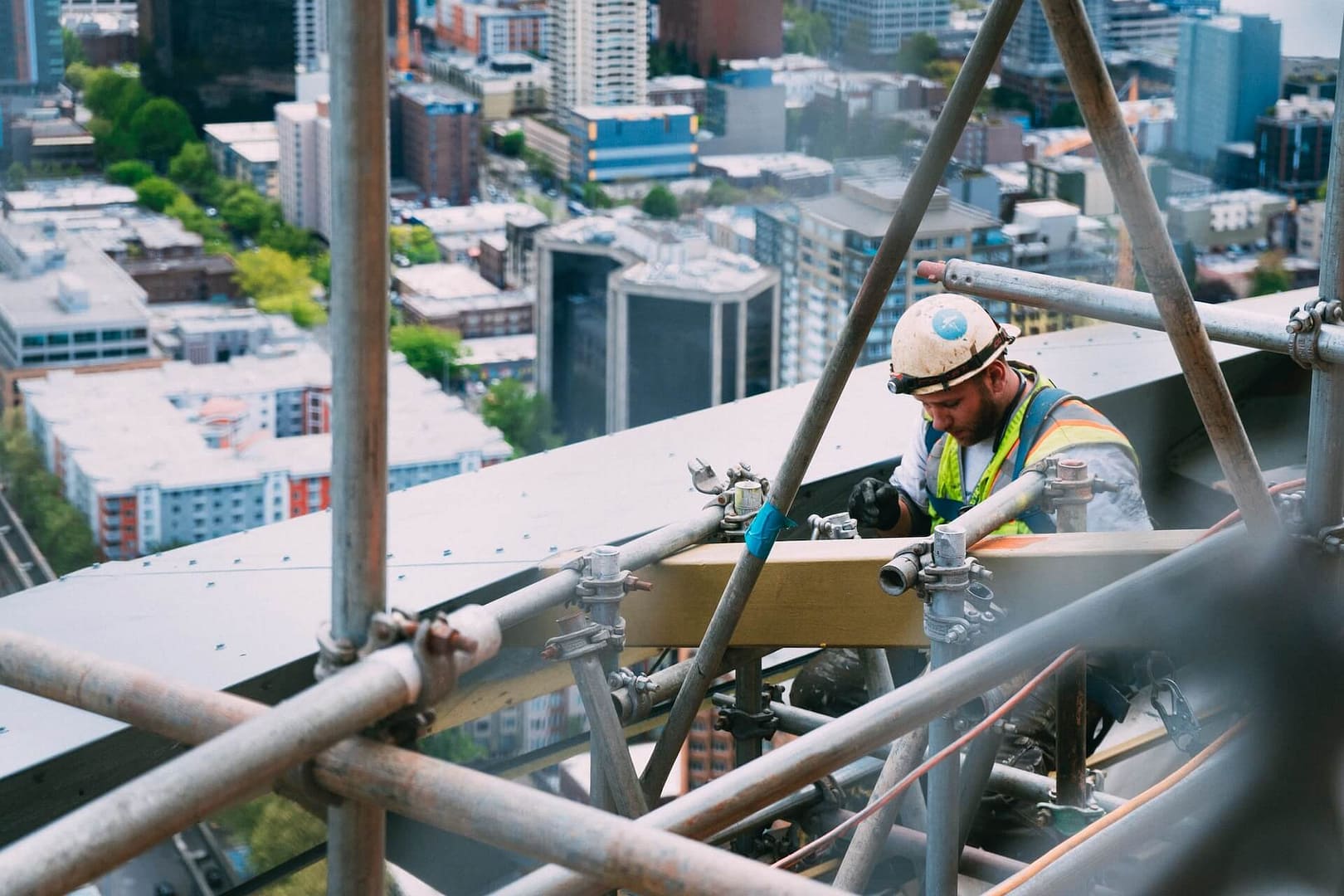In the realm of workplace safety, the phrase “Preventing Confined Space Accidents: Training and Preparedness” carries profound significance. From dank underground tunnels to compact storage silos, confined spaces pose unique challenges that demand specialised knowledge and a keen focus on safety protocols. This article delves into the critical aspects of preventing confined space accidents, exploring the importance of training, understanding legal requirements, identifying the three common causes of mishaps in these restricted environments, and how National Claims can assist in the aftermath.
Understanding the Legal Landscape
Before delving into the intricacies of confined space training, it’s crucial to comprehend the legal framework that governs such practices. In the UK, employers are obligated to adhere to the Confined Spaces Regulations of 1997. These regulations mandate that employers must conduct thorough risk assessments for confined spaces, implement preventive measures, provide comprehensive training for employees who work in such environments, and understand the potential recourse through entities like National Claims.
Is Confined Space Training a Legal Requirement?
Yes, it is. The legal framework unequivocally underscores the necessity of confined space training. This isn’t a mere suggestion; it’s a legal obligation aimed at safeguarding the well-being of workers who find themselves in confined spaces as part of their job responsibilities. In the unfortunate event of an accident, National Claims can be your guide through the legal intricacies of making a claim.
Training as the Bedrock of Safety
Confined space training acts as the bedrock of safety in hazardous work environments. It equips workers with the knowledge and skills needed to identify potential dangers, implement preventive measures, and respond effectively to emergencies. From recognising atmospheric hazards to understanding the intricacies of confined space permits, comprehensive training transforms workers into vigilant guardians of their own safety.
Common Causes of Confined Space Accidents
Now, let’s turn our attention to the three common causes of confined space accidents that lurk in the shadows of unpreparedness.
Lack of Atmospheric Monitoring
One of the primary culprits behind confined space accidents is the absence of proper atmospheric monitoring. Confined spaces often harbour invisible threats such as toxic gases or low oxygen levels. Without the right monitoring equipment and the knowledge to use it, workers may unknowingly expose themselves to life-threatening conditions.
Inadequate Communication
Imagine a confined space operation where communication is reduced to muffled shouts and hand signals. Inadequate communication is a recipe for disaster in these settings. Effective communication is not just a convenience; it’s a lifeline. When workers can’t convey crucial information or alert their peers to emerging dangers, the risk of accidents skyrockets.
Insufficient Emergency Preparedness
Emergencies in confined spaces can escalate rapidly, leaving little room for error. Insufficient emergency preparedness exacerbates the severity of accidents. A lack of knowledge about emergency procedures, including evacuation protocols and first aid measures, leaves workers vulnerable when the unexpected occurs.
The Role of Simulations in Training
To enhance the effectiveness of confined space training, simulations play a pivotal role. Simulations recreate realistic confined space scenarios, allowing workers to apply their training in a controlled environment. This hands-on experience not only reinforces theoretical knowledge but also cultivates a sense of preparedness that can make the difference between a near miss and a catastrophic incident.
Ensuring Compliance and Continued Improvement
Beyond initial training, ongoing compliance and improvement initiatives are paramount. Regular refresher courses, updated training materials, and continuous evaluation of procedures ensure that workers stay abreast of the latest safety protocols. This proactive approach not only aligns with legal requirements but also fosters a culture of safety within the workplace.
Making an Accident at Work Claim with National Claims
In the aftermath of a confined space accident, National Claims can be your ally in navigating the legal landscape. Their expertise in handling workplace injury claims ensures that you receive the support and compensation you deserve. From gathering evidence to representing your case, National Claims is committed to helping you through the claims process.

Conclusion: A Safer Tomorrow Starts Today
In the intricate dance between humans and confined spaces, the rhythm of safety is set by comprehensive training and unwavering preparedness. As we navigate the legal landscape, and dissect the common causes of accidents, one truth becomes abundantly clear – preventing confined space accidents is not just a regulatory necessity; it’s a moral imperative. Through robust training, effective communication, and a commitment to ongoing improvement, we can weave a safety net that safeguards lives and ensures a workplace where the phrase “Preventing Confined Space Accidents: Training and Preparedness” is not just a headline but a lived reality.
Start your claim with the help of one of our claims specialists by contacting us.
Click below to see why we are one of the most trusted claims management companies in the UK.

We’re proud of our excellent customer reviews
We thrive on delivering exceptional service and ensuring our clients’ satisfaction. Don’t just take our word for it. Check out some of our independent reviews to see what our clients have to say.
Excellent

This firm is excellent, they sorted out my car pay out and injury claim very fast, they always communicate with you all the time.

My accident case was dealt with confidence and with great result of the outcome, especially James kept me informed all the time.

I was very impressed at the way my inquiry was treated. I was listened to attentively and everything I needed to know was explained to me.






